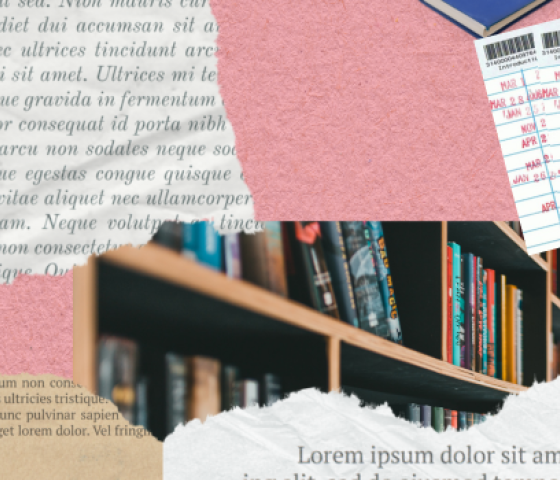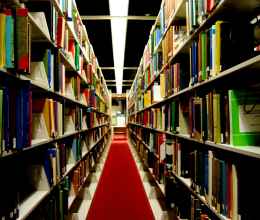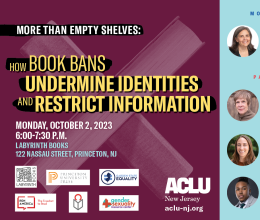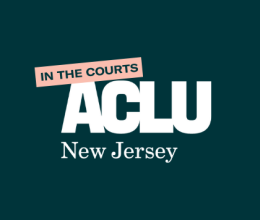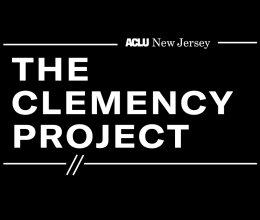As calls for book bans continue to ripple across the country, it’s more important than ever to be informed of how to spot similar waves in your town. The ACLU has defeated censorship attempts throughout the nation for over 100 years, take us at our word: the first step to dismantling any effort to limit access to books – and protecting the themes and experiences they feature – is being able to identify it.
Censorship is the suppression of content or ideas – and it happens when one group imposes their beliefs on another. Banning books is a type of censorship, but the act can take many forms. Removing a book from the shelf isn’t the only method that amounts to censorship – requiring parental permission to read it or moving it to a less accessible section are both examples of soft censorship.
The United States has some of the strongest artistic freedom protections in the world. The U.S. Supreme Court has held that those protections are broad under the First Amendment, and necessary for self-expression. But attempts to ban or restrict access to books, which are often driven by an agenda to divide communities and isolate viewpoints, undermines artistic freedom.
Being able to learn about and engage with new ideas, especially those we may disagree with, is foundational to any healthy democracy. The recent call by some to limit access to books does more than suppress the subject matter – it also disregards the lived experiences and identities of authors and readers. It is not a coincidence that 30 percent of the unique titles banned across the country last school year were books about race, racism, or featured characters of color and 26 percent featured LGBTQ+ characters or themes.
The ability to freely express oneself – and the ability to freely engage with that artistic expression – should not be restricted, especially at the urging of groups who don’t understand the product or claim it to be dangerous. If community members don’t want to engage with certain ideas, they don’t have to, but they don’t have the right to impose their beliefs on others.
It is this foundational freedom that must be prioritized and protected by all of us, including library and school administrators, community stakeholders, and government leaders. Though New Jersey has demonstrated its ability to be a national leader on civil rights, our state has not been immune to censorship attempts.
In February, an attempt to remove books that educate young people on gender and sexuality from the Glen Ridge Public Library drew hundreds, including the ACLU-NJ, to a library board meeting to speak out against censorship efforts. And in July, some community members in Cedar Grove urged library officials to remove Gender Queer, an award-winning LGBT+ memoir, from the public library’s book display. We sent a letter to library leadership urging them to resist all attempts to restrict access to any books in their town and recognize these calls for what they are: censorship.
We know that when schools and libraries give in to undemocratic calls for book bans, that any action they take to restrict access to a particular title – whether on a shelf or in a curriculum – can spread quickly from town to town, magnifying the harmful chilling effect that censorship can have on diverse viewpoints. Neighboring towns may feel pressured to follow suit, and in the instances when access to books is limited by consortium libraries, which have wider geographical membership, the impact may be even greater.
It’s important that we all know how to recognize censorship attempts in their many forms, because identifying them is the first step to defeating them. We can’t let regressive calls for book bans undermine democratic values or the lived experiences of marginalized communities.
The ACLU-NJ is interested in learning more about how censorship attempts are showing up in your communities. We have been partnering with advocates who are fighting back against book bans, and we are keeping track of all censorship attempts across the state. If you know of censorship attempts in your local public library or school district, we want to hear from you – tell us where censorship is happening in New Jersey.
